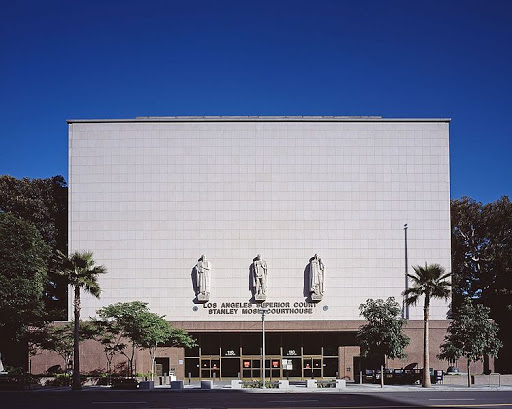In the U.S., a person is generally free to write their trust in a manner they see fit. For example, this person could leave everything to their child or nothing to their child (disinheritance). California does not have a forced heirship scheme whereby a next of kin must be included in the distribution of the estate. Countries that practice civil law, e.g. Germany and Italy, have forced heirship law. Conversely, the U.S. is a common law jurisdiction.
However, the validity of a trust or will can be challenged if the product of "undue influence." For example, a disgruntled father disinherits his son and leaves his entire estate to a "dear friend" significantly younger than him. "California courts have long held that a testamentary document may be set aside if procured by undue influence." David v. Hermann (2005) 129 Cal.App.4th 672, 684.
Undue influence was the focus of a recent unpublished appellate opinion. One intriguing aspect of the case was that the respondent had apparently engaged in similar behavior with another individual.
"The court also found that how Uriostegui came to inherit the Prescott family's assets was, as one witness put it, "eerily similar" to how she inherited the Olive Street property from Downen. In particular, Downen wrote letters about her son that were similar to the letters Prescott wrote Gregory. The letters in both cases were written by ailing senior citizens who would soon leave their estates to Uriostegui, asserted the authors were "of sound mind" (as if "to provide support for the gifting of entire estates to a non-family member"), used similar adjectives to described the respective sons ("disrespectful, lying, drug dealing, attributing bad-mouthing to connected family, wishing them both dead, and thieving"), and included "the theme of engendering mistrust to those that would be a natural heir." The court found: "The similarities in language and the resulting isolation [of immediate family members] are all evidence of a common scheme/plan and they also solidify [Uriostegui's] identity as someone capable of exerting the undue influence that she exerted in Prescott's last years."
Another noteworthy characteristic of the case was the methodology of one expert witness.
"The court also relied on the testimony of Dr. Susan Bernatz, a forensic neuropsychologist, who provided expert testimony on Prescott's testamentary capacity and the indicators of undue influence. Dr. Bernatz analyzed undue influence using a model she developed and referred to by the acronym SCAM (susceptibility, confidential relationship, actions and tactics, and monetary loss)."
Whenever a litigant has the term "scam" associated with them, in whatever fashion, it highly likely will not portray them in a positive light.
Los Angeles County Superior Court case # 16STPB03890










